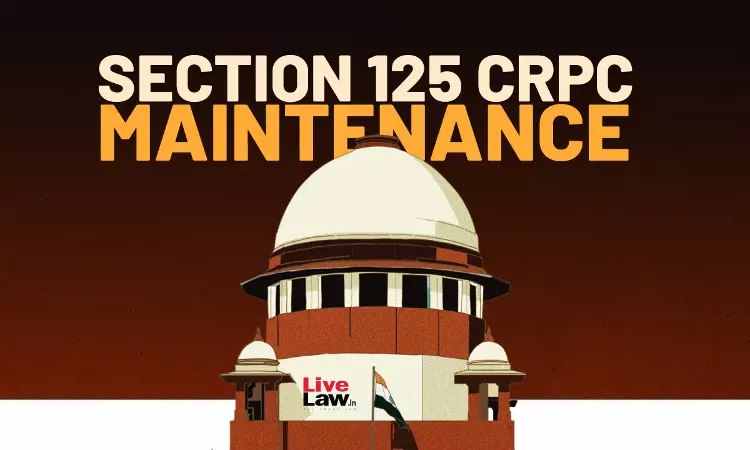While giving precedence to the maintenance rights of a man's wife and children over the rights of creditors under recovery proceedings, the Supreme Court recently observed that right to maintenance is equivalent to a fundamental right and shall have an overriding effect over statutory rights of creditors, etc. under business laws."the right to maintenance is commensurate to the right...

